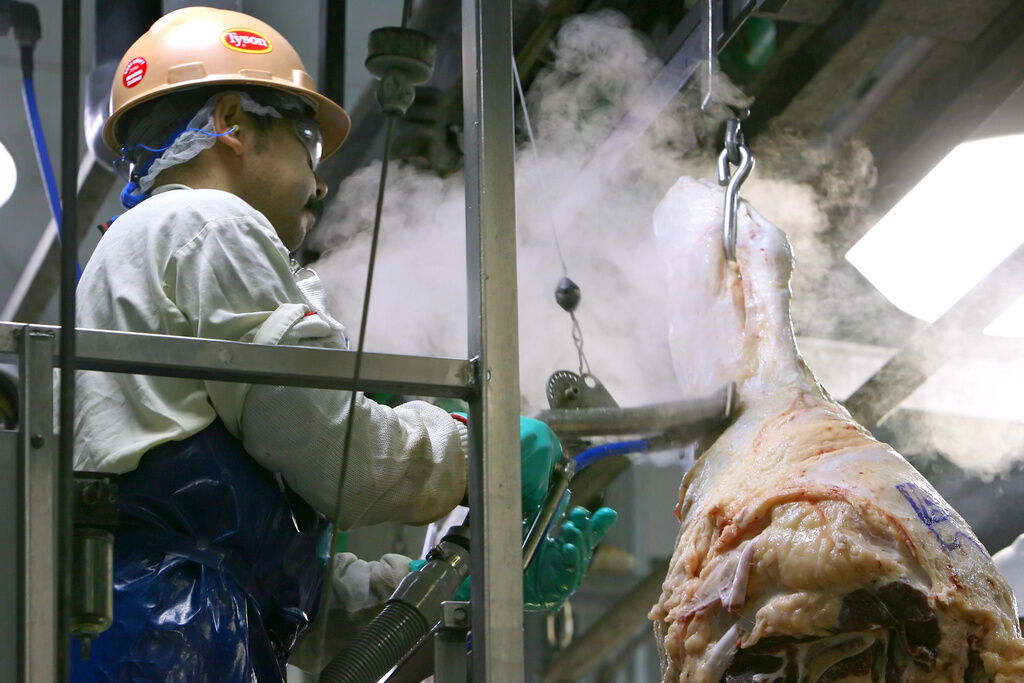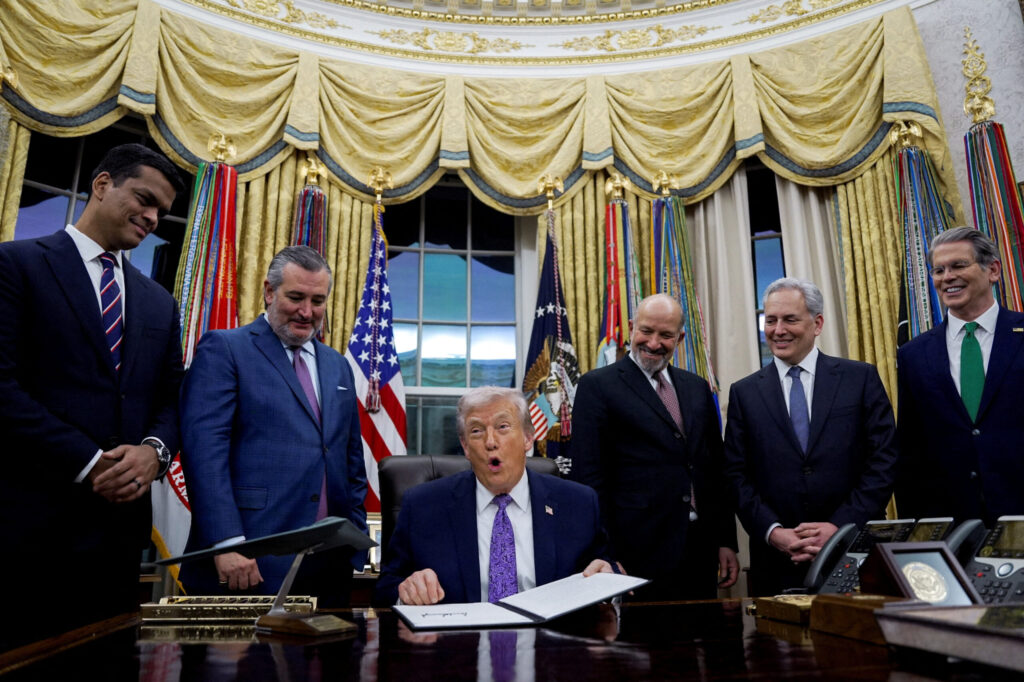Colorado projected to gain congressional seat after 2020 census

However Coloradans vote this November on a proposal to change the way the state draws its congressional district boundaries, the people who draw the next set of lines after the 2020 census likely will have a little more work to do.
That’s because Colorado is expected to gain an eighth seat in Congress after the next national headcount, up from the current seven, according to the latest census estimates as analyzed by The Washington Post.
The Post says Colorado is one of six states that are projected to gain one or more congressional districts following the next census. If so, the first election for that eighth seat would happen in 2022.
Fast-growing Texas is projected to gain three seats after 2020, while Florida adds two and Colorado, Arizona, North Carolina and Oregon adds one apiece.
Meanwhile, Alabama, Illinois, Michigan, Minnesota, New York, Ohio, Pennsylvania, Rhode Island and West Virginia are each expected to lose a congressional seat.
Under the U.S. Constitution, “representatives (in Congress) shall be apportioned among the several States according to their respective numbers” as determined every 10 years by the census.
The U.S. House of Representatives has 435 members. Every decade, fast-growing states are awarded more seats in Congress, and states that lose population or grow more slowly that others lose seats.
Colorado last gained a congressional seat – its seventh – after the 2000 census.
This isn’t the first time that the possibility of an eighth Colorado congressional seat has come up. Pollster Floyd Ciruli discussed the possibility in a January 2016 Colorado Politics opinion piece, but he said then the Colorado “is not certain to gain a seat.”
But The Post now says that’s “expected” to happen.
As Joey Bunch reports in Colorado Politics’ Aug. 10 cover story, the state’s congressional district boundaries currently are set by a vote of the state legislature, subject to a gubernatorial veto.
But Amendment Y on the fall ballot would create a bipartisan commission to do the job.
One potential obstacle to Colorado gaining a seat in Congress, in the view of some, is what state House Speaker Crisanta Duran, D-Denver, has called “a chilling effect through our Latino communities” from a proposed census question about citizenship.
The Trump administration wants to ask about citizenship on the main census questionnaire. Eighteen states, including Colorado, and the District of Columbia have sued over the proposal, with Gov. John Hickenlooper suggesting that asking for citizenship information could scare immigrants into avoiding the census, possibly leading to an undercount of Colorado’s population.
The census traditionally has counted all residents, whether in the country legally or not.












